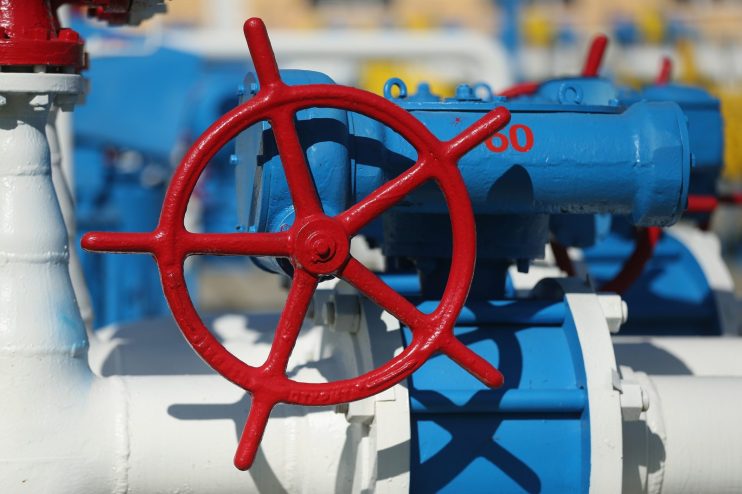IEA accuses Russia of putting pressure on Europe’s gas supplies

The head of the International Energy Agency has slammed Russia, accusing the country of putting pressure on gas supplies to Europe at a time “of heightened geopolitical tensions”.
Speaking at an online event on Wednesday, executive director Fatih Birol argued Russia was holding back at least a third of the gas it could send to Europe, and was draining controlled storage facilities to exacerbate shortages in supply.
He said: “We believe there are strong elements of tightness in the European gas market due to Russia’s behaviour. I would note that today’s low Russian gas flows to Europe coincide with heightened geopolitical tensions over Ukraine.”
Increasing supplies by a third would boost European supplies by around 10 per cent, with the continent relying on Russian supplies for 35 per cent of its natural gas.
This would significantly ease concerns of shortages this winter, although fears of blackouts across the continent have been reduced following a topping up of supplies over Christmas from a flotilla of US tankers.
This has seen prices per therm fall on the UK and Dutch futures markets, however wholesale costs still remain historically high and well above last year’s levels.
The IEA has some form in criticising Russia, with the agency previously calling on Russia to increase supplies last winter.
Kremlin-backed Gazprom is still awaiting certification of the Nord Stream 2 pipeline which will double natural gas flows between Germany and Russia – with no decision expected until next summer after the process was delayed over governance concerns.
Russian premier Vladimir Putin has previously dismissed claims Russia is shortening supplies to speed up the process as ‘politically motivated blather.’
The £8.4bn pipeline would be highly lucrative for Russia, and increase European dependence on the country while also reducing the importance of pipelines through Ukraine, which currently benefits from hefty transit fees for gas flowing through the country.
Meanwhile, Gazprom cut its export growth to Europe over the past three months by 25 per centage points, with increases of only 4-5 per cent during the winter crisis.
However, the Kremlin has insisted the gas giant has met its obligations under long-term contracts and blamed high spot gas prices on European decisions to rely on renewables and shift towards volatile short-term market pricing.
Other factors that contributed to Europe’s low gas reserves included a cold winter last year, less power from renewables, and a strong rebound in demand for shipments of liquid gas in Asia.
Meanwhile, the Yamal-Europe pipeline, which usually sends Russian gas west into Europe, instead flowed east from Germany to Poland for the 23rd day in a row on Wednesday.
According to data from German network operator Gascade, the link between Poland and Germany has been operating in reverse mode since December 21.
The pipeline accounts for about one-sixth of Russia’s normal annual gas exports to Europe and Turkey.
Commenting on the short-term future of European gas prices, OANDA’s senior analyst Craig Erlam told City A.M. that gas prices could remain volatile over coming weeks.
He said: “The price fluctuations over the coming weeks will be driven by a number of factors, with the weather being one that could have a big impact. If forecasts point to a colder period ahead, prices could continue to rise which will further pressure suppliers and soon be felt more widely. Other factors will also be important across Europe, notably supplies from Russia. Tensions are heightened which could make life uncomfortable if we enter a period of colder weather. Blackouts still look unlikely at the moment but that could change.”